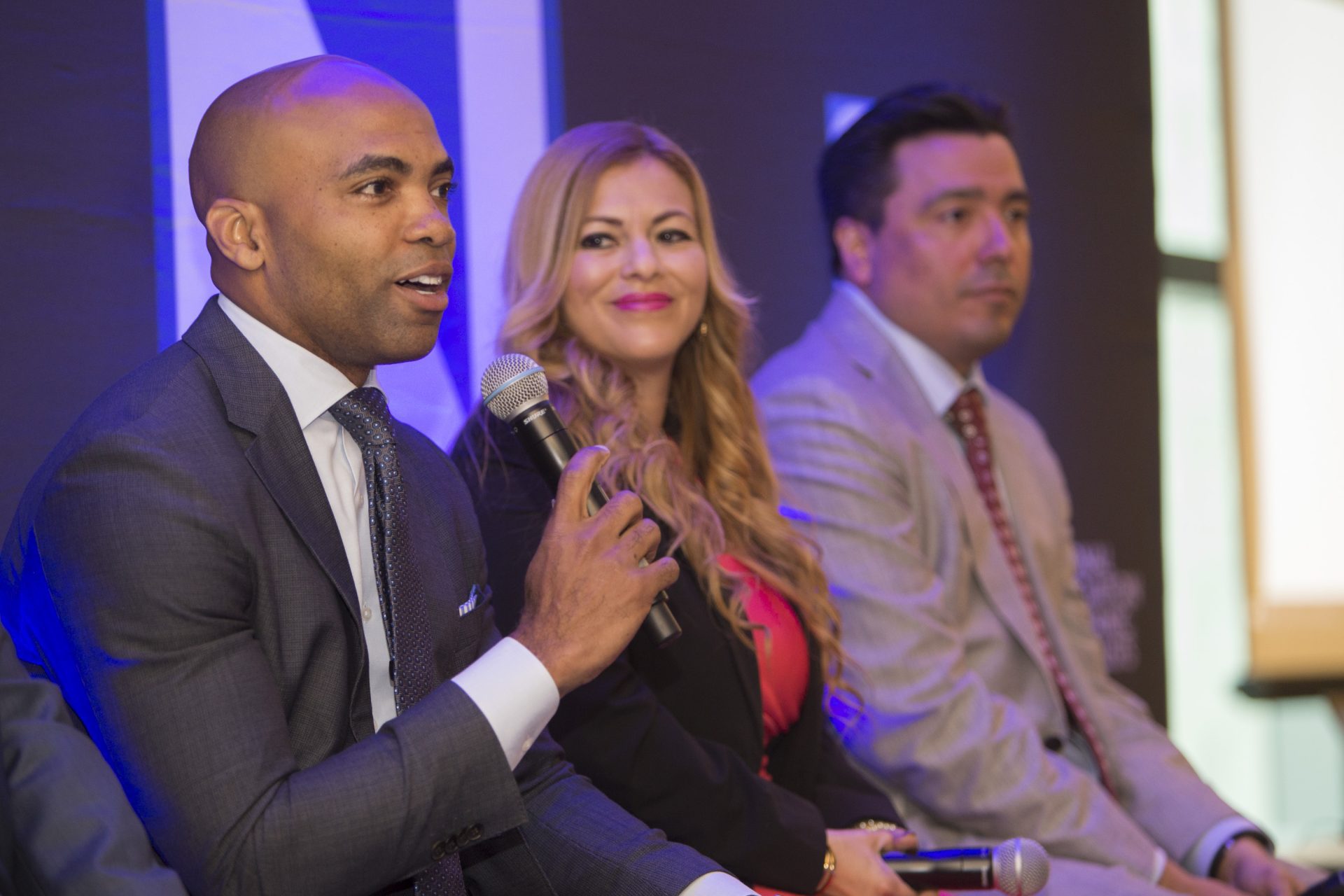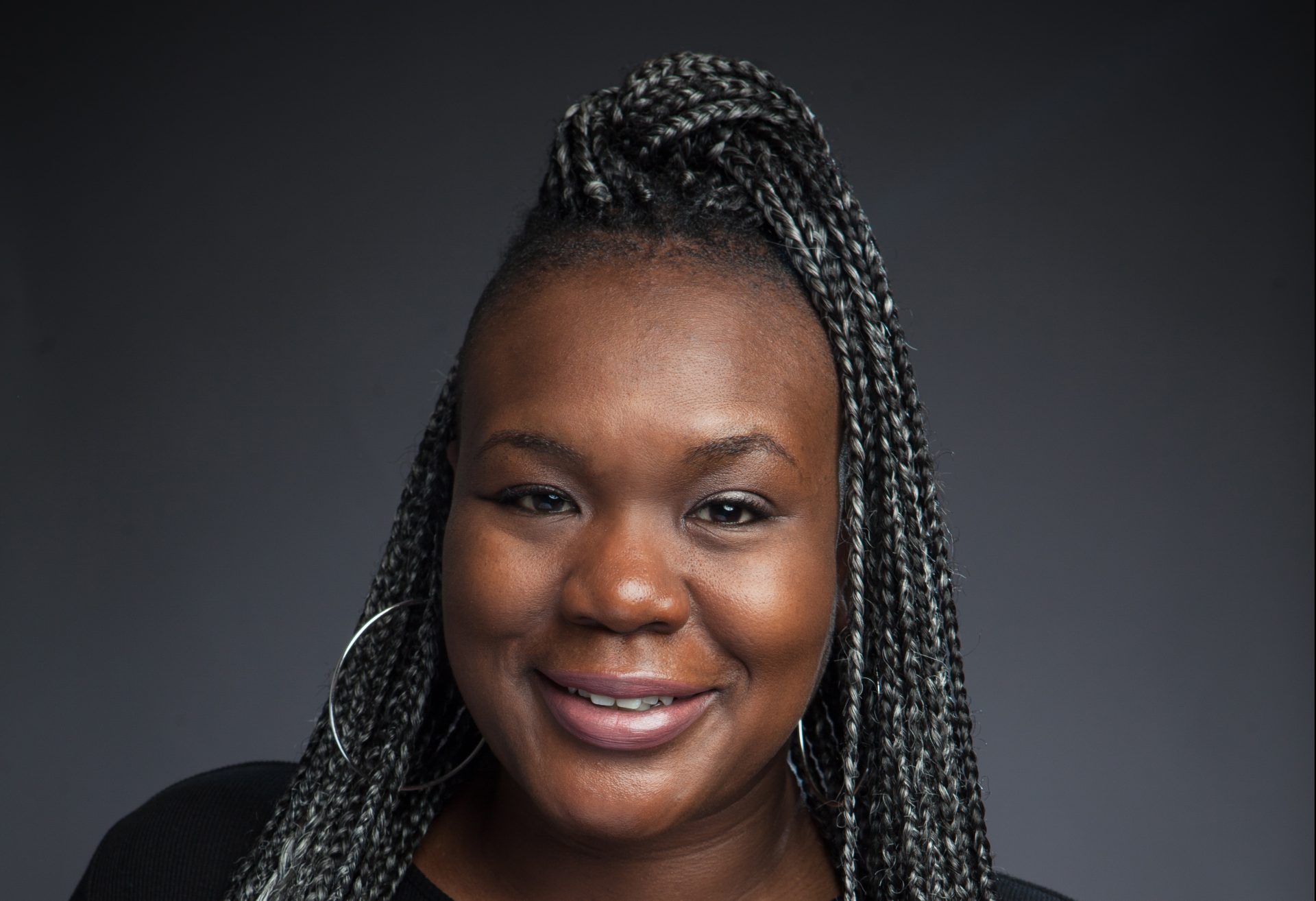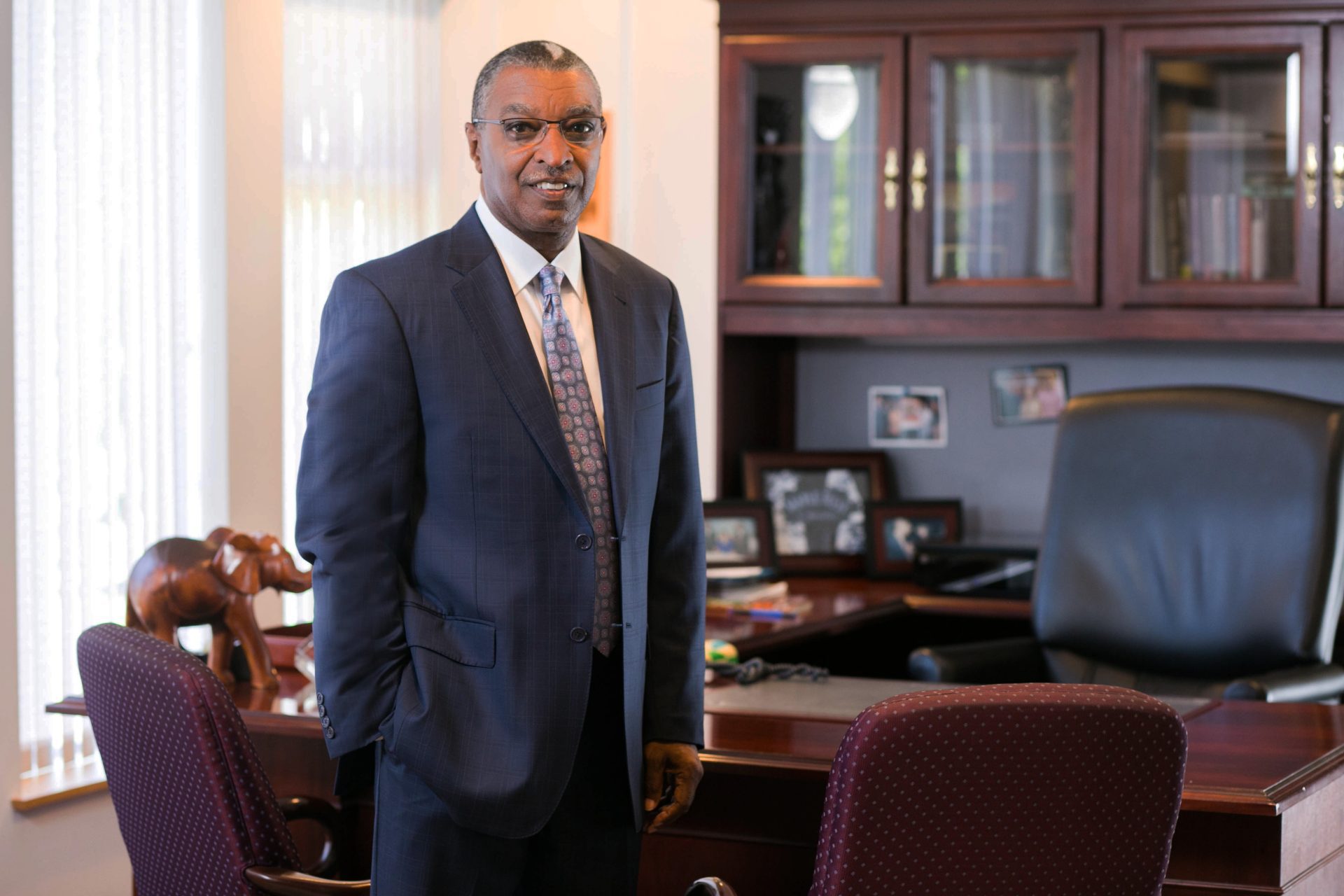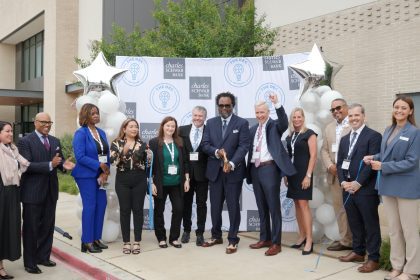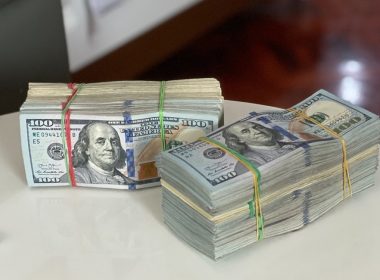
Dr. DeForest B. Soaries Jr., is the senior pastor of the First Baptist Church of Lincoln Gardens in Somerset, New Jersey, and the author of dfree™ Breaking Free from Financial Slavery. Published in February 2011, dfree® teaches people how to live free of debt, deficits and delinquencies.
Soaries’ pastoral ministry focuses on spiritual growth, educational excellence, economic empowerment and faith-based community development. And, he’s made it his goal for his 7,000-member congregation to be debt free.
“I had been the pastor of my church for 15 years, and it became clear in many ways that my members were living in 2005 the way I had been living in the 1970’s paying last month’s bills with next week’s check. Wearing all their assets on their back, and having no savings in the bank, and just mismanaging the resources that they had,” he recalls. “I decided that no longer would I accept people putting money in the plate on Sunday and ignoring how they handle their money on Monday through Saturday. No longer would I watch people come to the church to pay for their relative’s funeral because they didn’t have any insurance. No longer would I be silent about people wearing $700 shoes and not having $100 in the bank. So, I just went after it. Now, going after it was a challenge especially where pride factors in and you have a little bit of an elitism. Nobody wants to admit they’re in financial stress. Very interesting, we all know that we all have challenges, but no one wants to admit it.”
The dfree® strategy, established in 2005, is available to churches, credit unions and colleges and universities across America. dfree® was the focus of the third installment of CNN’s “Black in America” documentary “Almighty Debt,” which aired October 2010. The 90-minute feature highlighted three families at Soaries’ church who were facing tough financial times as a result of the recession, from home foreclosure to underemployment and the struggles associated with paying for college.
Nearly a year after dfree® was featured on CNN, Soaries announced the Billion Dollar Challenge, a grassroots campaign that challenges people to pay off their debt. His goal is to get 125,000 people to pay off $1 billion in debt in three years. Participants are able to track their debt payments through an online tool on his dfree® website – www.mydfree.org. Soaries has also launched a multicity campaign to spread the word about the challenge.
“As a people, we’ve become so individualistic that we won’t even share the secrets of our success with members of our own family,” he points out. “We’re trying to create a movement with people in our community to go back to the tradition of helping other people in our community. And, not just ride around in a Mercedes and say, ‘The Lord blessed me because I was faithful.’
“Soledad O’Brien really taught me this because I was just doing this because I felt it was right and I saw so many people drowning financially who made decent money. And, to be honest with you, I had to do something because I saw so many religious gimmicks I felt were rip-offs, actually. Where preachers were convincing people, very innocent, faithful people, ‘Look, if you make me rich, God will make you rich.’ And I just couldn’t stand any more of that. So, I said, ‘Let me stop being critical of what other people are doing and let me do what I think is important to do.’ Today, there are more payday loan stores in America than there are Starbucks and McDonald’s combined. The payday loan industry is only 20 years old. And a payday loan is not only available through these walk˗in stores but also online. When you apply for a payday loan in Ohio, for instance, and you go to their website, it’ll tell you the lowest interest rate you will pay is 700%. But, if you’re broke and you need $500 and can go online and they’ll get the money tomorrow, you’ll pay it. With the growing payday loan industry just killing people like that, there’s no response. We know what to do when a cop shoots a kid, and we should. We know what to do when a politician runs for office, and we should. But there has been no response from any civil rights organization, no response from any national organization to the fact that the payday loan industry is growing. It’s growing in low-income neighborhoods.”
“The overall culture, really pulls all of us into consumerism to the point where we pay credit card bills with credit cards,” he closes.

